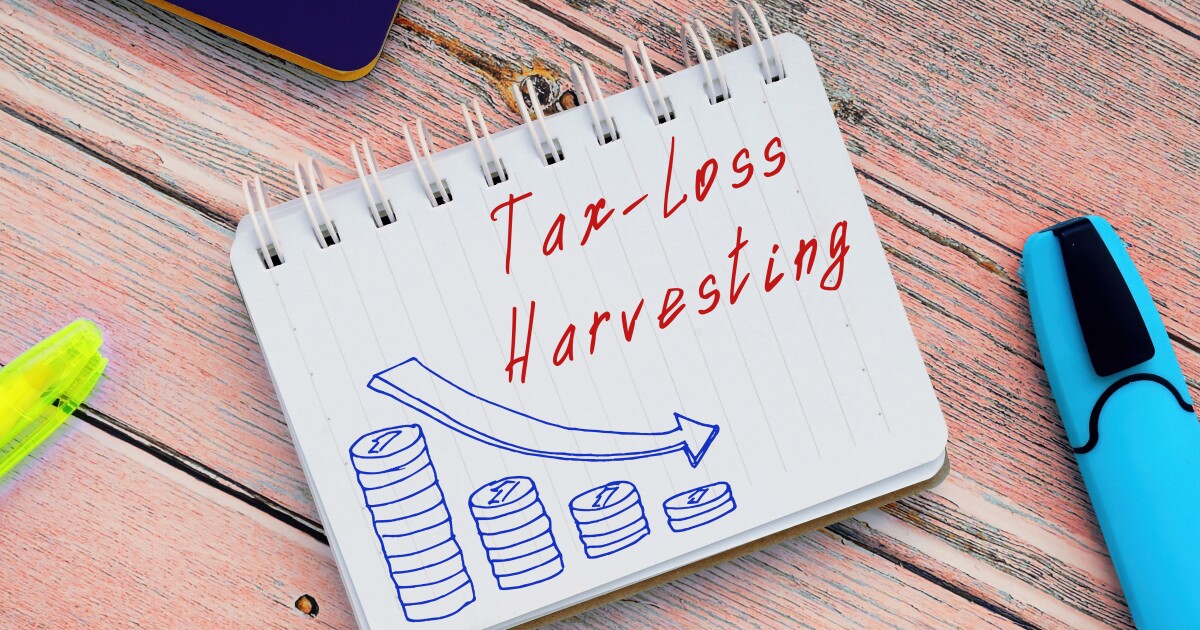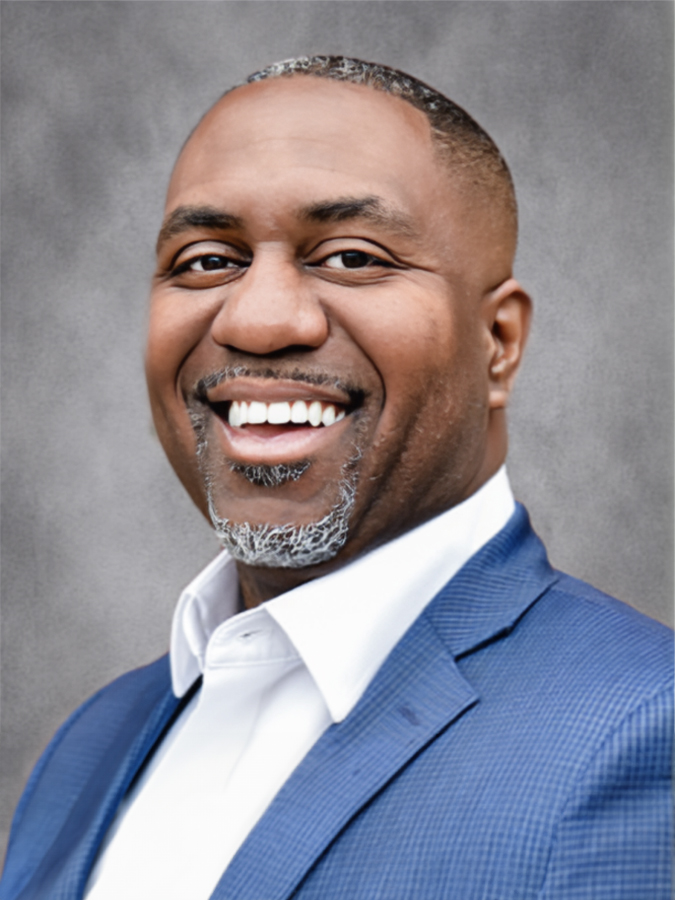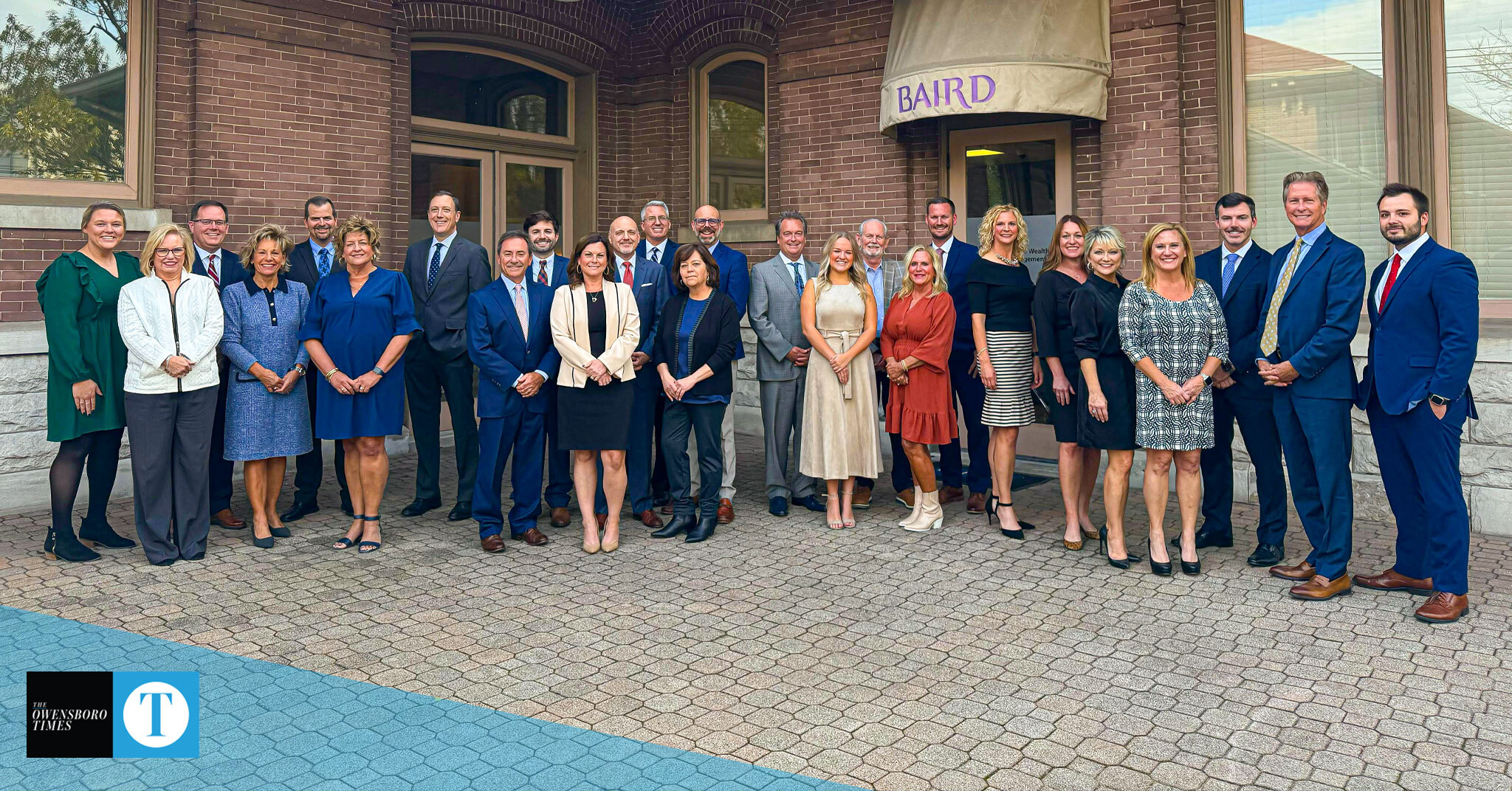- Elon Musk Adjusts Ambitious $2 Trillion Budget Cut Plan
- The Secret to Making Successful Financial New Year’s Resolutions
- Experts urge early estate planning to avoid costly mistakes
- Rapid City financial advisor Rick Kahler tells why technology makes modern financial planning more human than ever — The South Dakota Standard
- Did you reach your financial goal this year?
While it can be exhilarating, coming into a large sum of money can be the perfect setup for financial missteps.Getty Images
Bạn đang xem: What a massive cash windfall could mean for your retirement plans
Planning for retirement can feel like solving a complex puzzle, with each piece representing a decision that could impact your future. But here’s the good news: It’s never too late to take control. In this series, we aim to simplify the process, providing actionable insights to help you confidently manage your financial future.
How many times have you fantasized about what you would do if you suddenly came into a substantial amount of money? If some long-lost wealthy uncle passed away and inexplicably left his vast estate to you? Or maybe all those years of playing the lottery actually came through in a massive jackpot? Or perhaps you sold a business or received a legal settlement that instantly changed your financial picture?
We’ve all thought about it—the house we’d buy, the kitchen reno we’d do, the first-class tickets we’d buy to somewhere tropical and perhaps even the unceremonious quitting of a job in which we’ve been underpaid and under-appreciated.
But while these dreams feel exhilarating, they’re also the perfect setup for financial missteps. A sudden influx of wealth brings challenges, including the risk of overspending, poor investment choices, or failing to account for tax obligations. Managing a windfall responsibly can mean the difference between a fleeting luxury and a secure financial future.
The key to managing newfound wealth isn’t making impulsive decisions but taking a more measured and practical approach, especially in the beginning. If you’ve started planning for retirement, some unexpected wealth—whether from an inheritance, selling a business or even a lottery win—can completely change your trajectory.
“It puts people in a situation where they can figure out a different way to get to the finish line,” says Jason Heath, an advice-only financial planner at Objective Financial Partners in Markham, Ont.
1. Take a breath
Instead of going on the shopping spree to end all shopping sprees (you can save that for later), take some time to absorb your new situation and really consider what you want your future to look like. While you explore your options, says Heath, there are a couple of things you should do fairly quickly: Put the money in a high-interest savings account so it’s at least earning something in the interim, and pay off any credit-card or other high-interest debt.
Xem thêm : Financial advisor confidence plummets after election
A pause is important in part because the psychological impacts of suddenly having more money can lead to rash decisions. “There are studies that show that when people receive a windfall—whether it’s at a casino, through an inheritance or what have you—they treat it differently than money they’ve actually earned,” says Tracey Bissett, chief financial fitness trainer at Bissett Financial Fitness. “They think that it’s like found money and the rules don’t apply, and they take on more risk.”
The term ‘sudden wealth syndrome’ was coined by wealth psychologist Stephen Goldbart, co-founder of the Money, Meaning & Choices Institute (MMC Institute), after observing a significant rise in symptoms related to the abrupt acquisition of substantial wealth.
Behavioural economists note that recipients of windfalls are often tempted to indulge in significant spending, such as luxury travel or expensive home upgrades, only to later regret not securing their financial futures. Taking the time to step back and develop a plan can help mitigate these risks and turn a windfall into a long-term asset.
2. Give yourself time to process
There can also be an emotional reverb; you might be grieving if it’s an inheritance from a loved one, for example, or on an adrenaline high if you just, say, sold a business. “The emotional challenges are different depending on how the person feels about the wealth and the way that it came to them,” says Natasha Knox, a financial planner in the greater Vancouver area. “So put any life-changing decisions into the ‘do later’ column.” It’s also worth reflecting on the ethical implications of managing newfound wealth. Would you share it with family members or friends? Donate to causes that align with your values or were meaningful to the person who left you the inheritance? These decisions are rarely straightforward.
“I always joke that if I win the lotto, I’m going to start a foundation and give out scholarships to people,” says Bissett. “So consider whether there’s something you’d like to do from a charitable perspective. How could you make an impact on the world in a way that’s important to you and your values?”
Financial planners often encourage individuals to clarify their priorities, particularly when generosity might conflict with their own financial needs. For instance, helping a family member with tuition or debt repayment might feel fulfilling, but it could significantly impact retirement savings or long-term security.
“As much as possible, avoid making promises and creating expectations in others [as to] how that money might be used,” cautions Knox. “Something I’ve seen a number of times is someone making a promise early on—they just say something impulsively, but then once they’ve had time to think about it, they think, ‘Oh, maybe that’s not what I want to do.’”
Bissett also says to be wary about sharing the fact that you’re now more well-heeled. “People will come out of the woodwork. You never know how somebody is going to react when it comes to money. They could have been the nicest friend or family member, but when money is involved, people think they’re owed something—they turn into different people.”
3. Don’t do it on your own
Seeking out expert advice—a fee-only financial planner is most often recommended—is the wisest next step once you’ve taken a beat. “What we’ll do with people in a situation like this is build out a long-term financial plan to try to determine [whether] you need to continue to work and if you do, [whether you] can earn a lower level of income and still achieve all your long-term financial goals,” says Heath.
Xem thêm : Boost advisor diversity in the C-suite through sponsorships
“Try to seek independent advice that is focused more on modelling ‘what if’ scenarios than on someone telling you what to do in the early stages,” says Knox, adding that you should look into the laws in your province regarding your type of windfall. If, say, you have a partner, you need to be aware of what moves—such as putting the funds into a joint account—would make them entitled to it too.
A planner can also help you find an investment adviser, who can guide you when it comes to investing—a crucial step for anyone unfamiliar with managing large sums. “The last thing you want when you receive a lump sum is to invest it, have stocks fall by 20 per cent and then panic and sell for 80 cents on the dollar,” says Heath.
Beyond market volatility, a significant risk for windfall recipients is falling prey to scams or making hasty decisions under pressure. Fraudsters and high-pressure sales tactics often target individuals with sudden wealth, exploiting the uncertainty and emotional overwhelm that can accompany a windfall. According to the Canadian Anti-Fraud Centre, over $503-million has been lost to fraud in Canada this year alone, with many cases involving scams targeting individuals with sudden financial gains. Their reports emphasize the growing sophistication of fraud schemes and the importance of vigilance.
This vulnerability underscores the importance of taking a conservative approach with sudden wealth—such as temporarily placing funds in a secure account while developing a comprehensive plan with a professional.
4. It might not necessarily make sense to pay off your mortgage right away
You might be tempted to march into the bank and pay off the remainder of your mortgage, but that’s not necessarily the right move, as most lenders will charge a penalty for that, explains Heath. “If you’re someone who was lucky enough to lock in a super-low interest rate a few years back when fixed rates were below two per cent, I might choose not to pay off that mortgage,” he says. If you’re locked into a higher rate, paying off the balance might put you ahead, even factoring in a penalty. As well, it’s likely part of your agreement that you can make a certain number of extra payments without penalty, which will ultimately save you interest and help you pay off that loan sooner.
5. Cross your legal t’s and dot those tax i’s
“And you definitely want to consult someone about any tax implications,” says Bissett, particularly if you’ve just sold or exited a business, which can be a bit more complicated. She also notes that you should make sure that your estate plan is up to date. “I would say probably a lot of millennials don’t have wills and a power of attorney in place. So if you don’t have them, get them immediately. Be very thoughtful about ‘What if something happens to me tomorrow? Who do I want this money to go to? And who do I want to speak for me if I’m ill?’”
Managing taxes and updating estate plans are crucial steps after receiving a windfall. Tax professionals can identify potential obligations and provide strategies to minimize liabilities. Additionally, many financial planners urge windfall recipients to ensure their wills, powers of attorney and beneficiary designations are up to date to avoid complications down the road.
These steps may seem tedious, but they are essential for turning a windfall into a foundation for lasting financial security.
An unexpected gain is a scenario in which doing some adulting first—giving yourself time to adjust, doing a bit of research and getting expert advice—means you can fulfill a few dreams now and still afford to retire in style. “Have some fun with it,” says Bissett. “Think about what your life could look like and what would make you happy.”
Nguồn: https://horizontalline.icu
Danh mục: News







